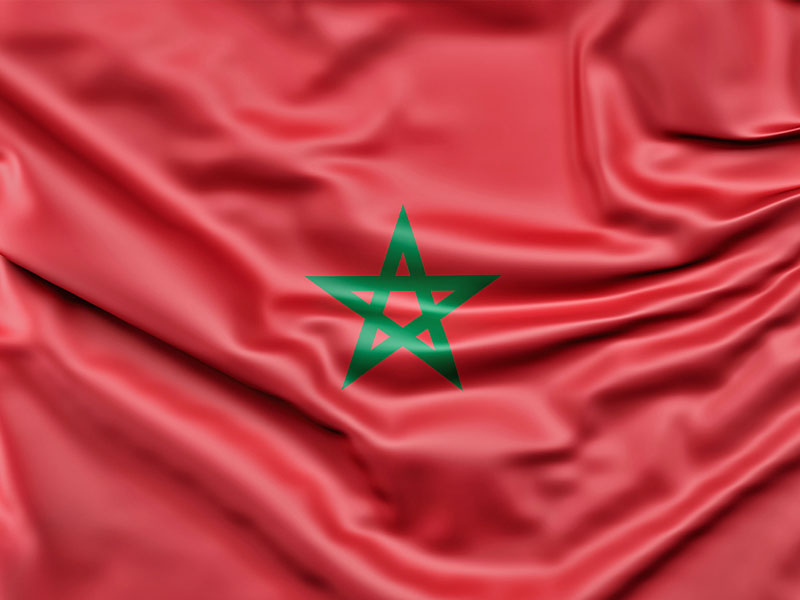Wedding Rituals in Morocco: The Example of Bhalil
Issue 56

Dr. Al Saadia Otbazait, researcher, Morocco
Moroccan wedding rituals vary from region to region, and I focused on the Bhalil region when researching Moroccan wedding ceremonies.
Bhalil: This small town on the side of the Atlas, 72 miles from the city of Fez, has a nearby mountain pass that leads to the Numidia Road. Bhalil has a number of streams, with one running through the town. The town, which is south of Fez and not far from Sefrou, is one of the first human settlements in the Middle Atlas, and it is densely populated.
Residents of the region: The inhabitants are descended from the "Bahloulah", an ancient Berber tribe that has inhabited this region since ancient times and played an important role in history, especially in the early ages of Islam.
According to the research paper, social symbols highlight the ideals of honour, purity, and loyalty in heritage and the community focuses on many rites and rituals that support and encourage these values, which help to strengthen and stabilise marriages.
Although the community is unaware of the direct benefits of these rites and rituals – apart from the inherited knowledge that they are practiced to attract goodness, happiness and sustenance – these practices serve a function by helping people to overcome supernatural forces (jinn and demons) because the community believes that these forces pervade individuals’ daily lives.
Rituals are movements or behaviours that may or may not be justifiable; they reenact something that happened in the past. Repetition is an important part of the ritual. It is apparent that, like the rest of Morocco's population, the residents of the region live in the shadow of numerous rituals and customs that they cherish and protect.
Do these norms and behaviours still exist in Bhalili society?
The Bhalil group mirrors Moroccan society in terms of this type of belief, so my answer is yes, even if these activities fall under the myths and phenomena that Islam seeks to challenge and abolish. Although there has been a clash between Islam and these ceremonies since Islam arrived in the region, Morocco's tribal groups, various areas and wider civil societies continue to hold onto these traditions.
There is no defined interpretation of customs and traditions, and they are not necessarily governed by religious law or metaphysical faith. Even when the influence of Shariah or religious values increases, customs and traditions remain relevant daily social behaviours.



































































